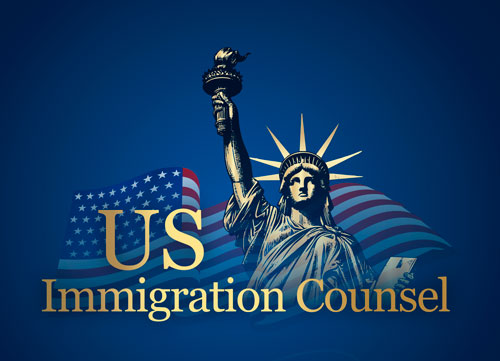Humanitarian Parole
What Is Humanitarian Parole?
Humanitarian Parole allows individuals outside the United States to enter temporarily due to urgent humanitarian reasons or significant public benefit. This relief is discretionary, meaning U.S. Citizenship and Immigration Services (USCIS) or U.S. Customs and Border Protection (CBP) decide case by case.
In certain emergencies, such as war or crisis, the U.S. government creates dedicated humanitarian parole programs to provide safe, legal entry to individuals from specific countries. These programs are a vital tool for offering safety to people in immediate need.
Current Humanitarian Parole Programs
To manage irregular migration and promote safer pathways, the U.S. has established monthly parole quotas for nationals from:
-
Cuba
-
Nicaragua
-
Haiti
-
Venezuela
Each month, up to 30,000 individuals from these countries may be approved to enter and work in the U.S. temporarily, with a yearly cap of 360,000.
In addition, the Uniting for Ukraine program allows Ukrainian citizens to seek humanitarian parole without a fixed cap, given the ongoing war in their country.
Key Eligibility Requirements
To qualify for any humanitarian parole program, both beneficiaries and sponsors must meet strict criteria.
For Beneficiaries:
-
Must be outside the U.S.
-
Must hold a valid, official passport
-
Must not attempt to enter the U.S. irregularly
-
Must pass background checks and meet security criteria
For Sponsors:
-
Must be a U.S. citizen, legal resident, or qualifying organization (e.g., a church)
-
Must submit Form I-134A, Online Request to be a Supporter and Declaration of Financial Support
-
Must prove sufficient income and financial stability
-
Can be an individual or organization capable of supporting the beneficiary
How the Application Process Works
-
Sponsor Files Form I-134A
This form declares their intent to support the beneficiary financially and provides evidence of their capacity to do so. -
USCIS Reviews Applications
Half of the pending applications are selected randomly each month. The other half are reviewed based on submission date (first-in, first-out). -
Confirmation and Notification
If USCIS confirms the sponsor’s eligibility, the beneficiary is invited to continue the parole process. Unconfirmed sponsors may reapply with more documentation. -
Case Tracking
Sponsors can check their application status via the USCIS online portal or Case Status Online tool.
Sponsorship Support
If you are considering sponsoring someone from Cuba, Haiti, Nicaragua, Venezuela, or Ukraine, understanding the legal process and financial requirements is critical. Working with an immigration attorney can make a major difference in whether the application is approved.
Our legal team can help you prepare a complete and accurate application, strengthen your documentation, and guide you through each step to ensure the best chance of success.

